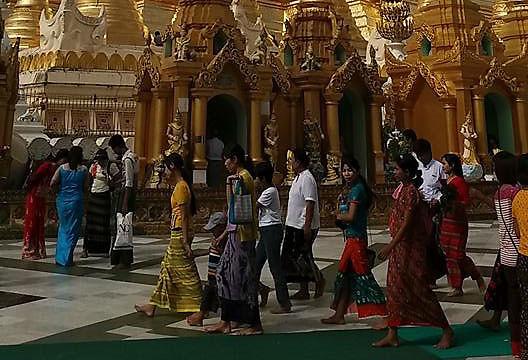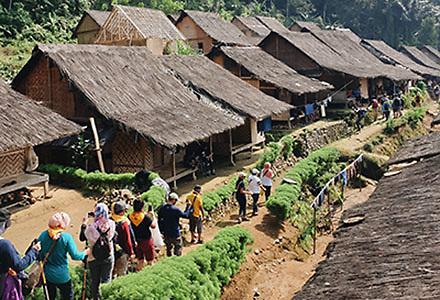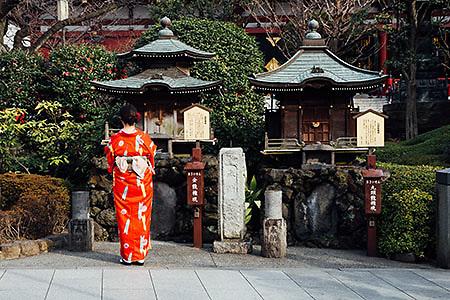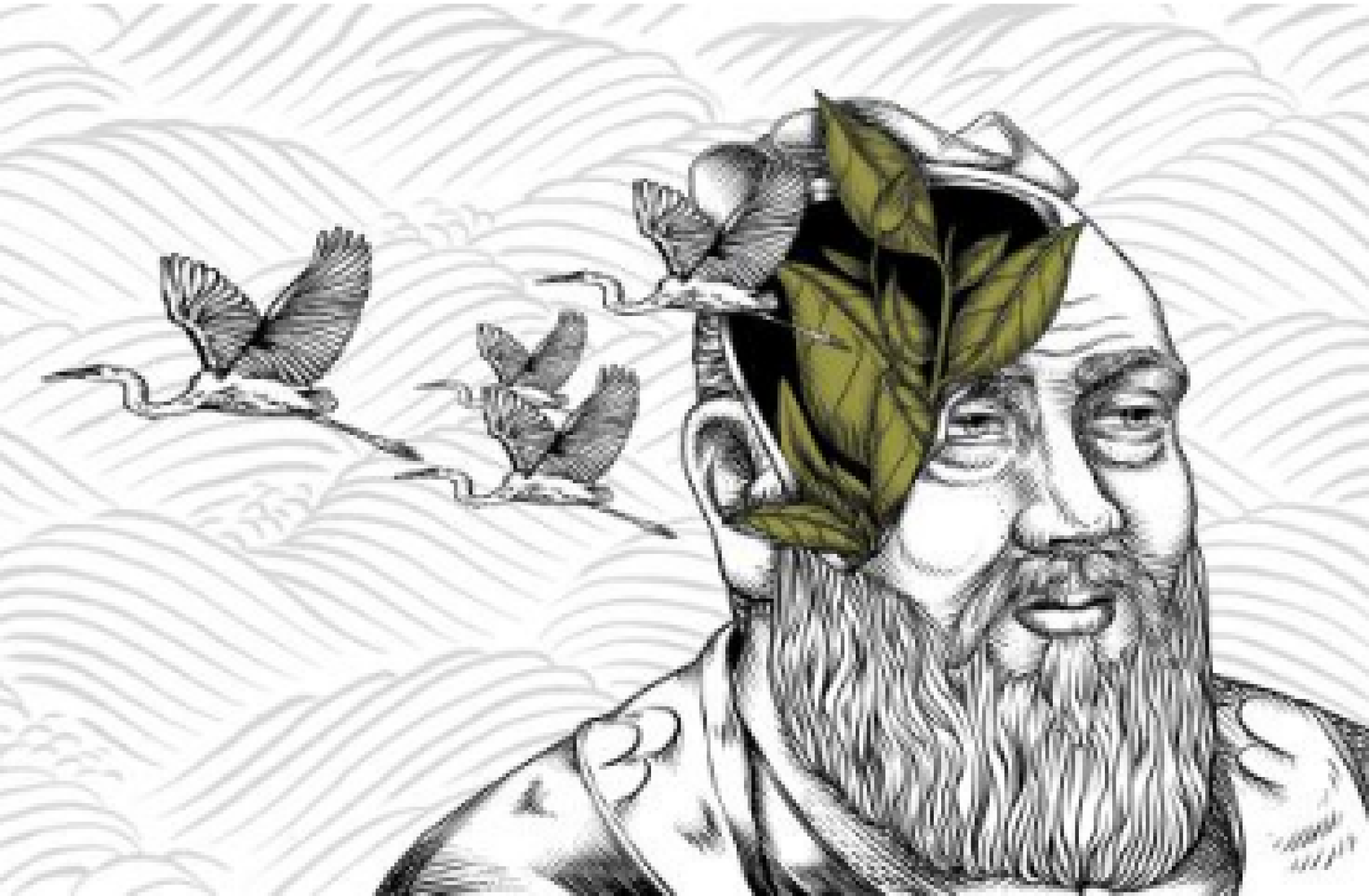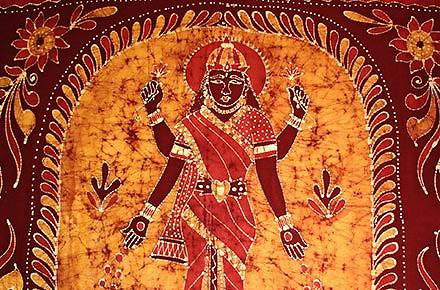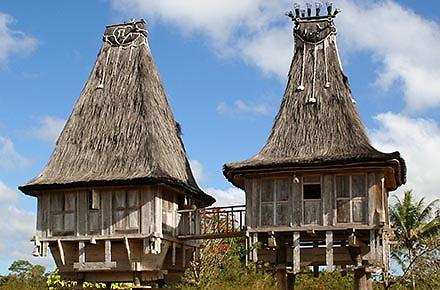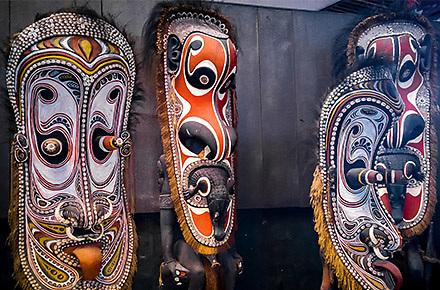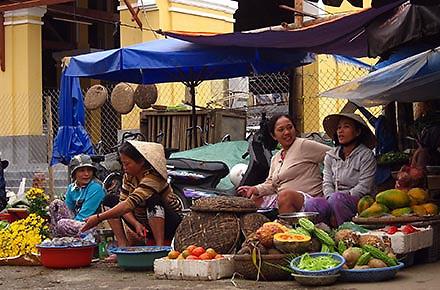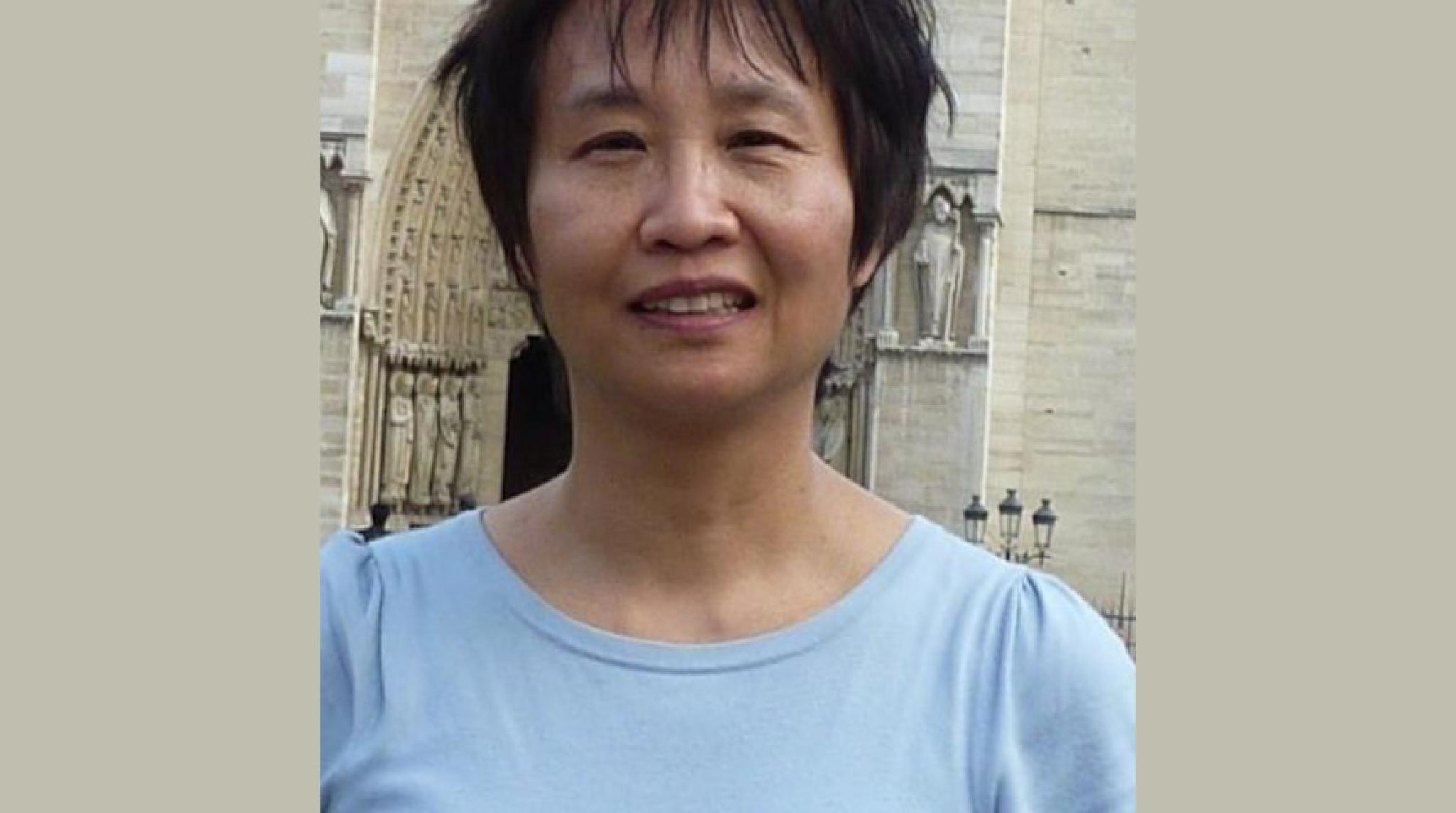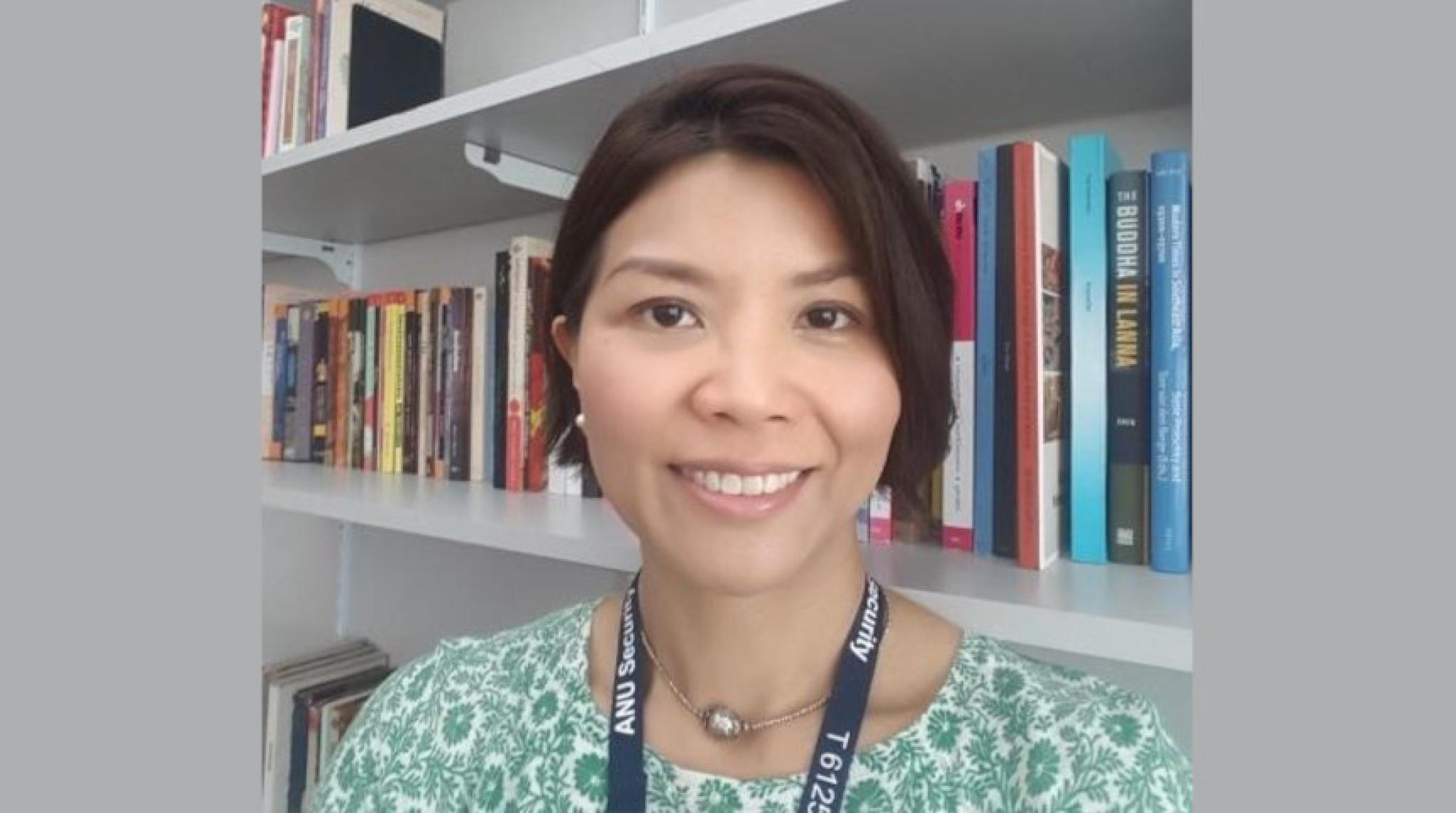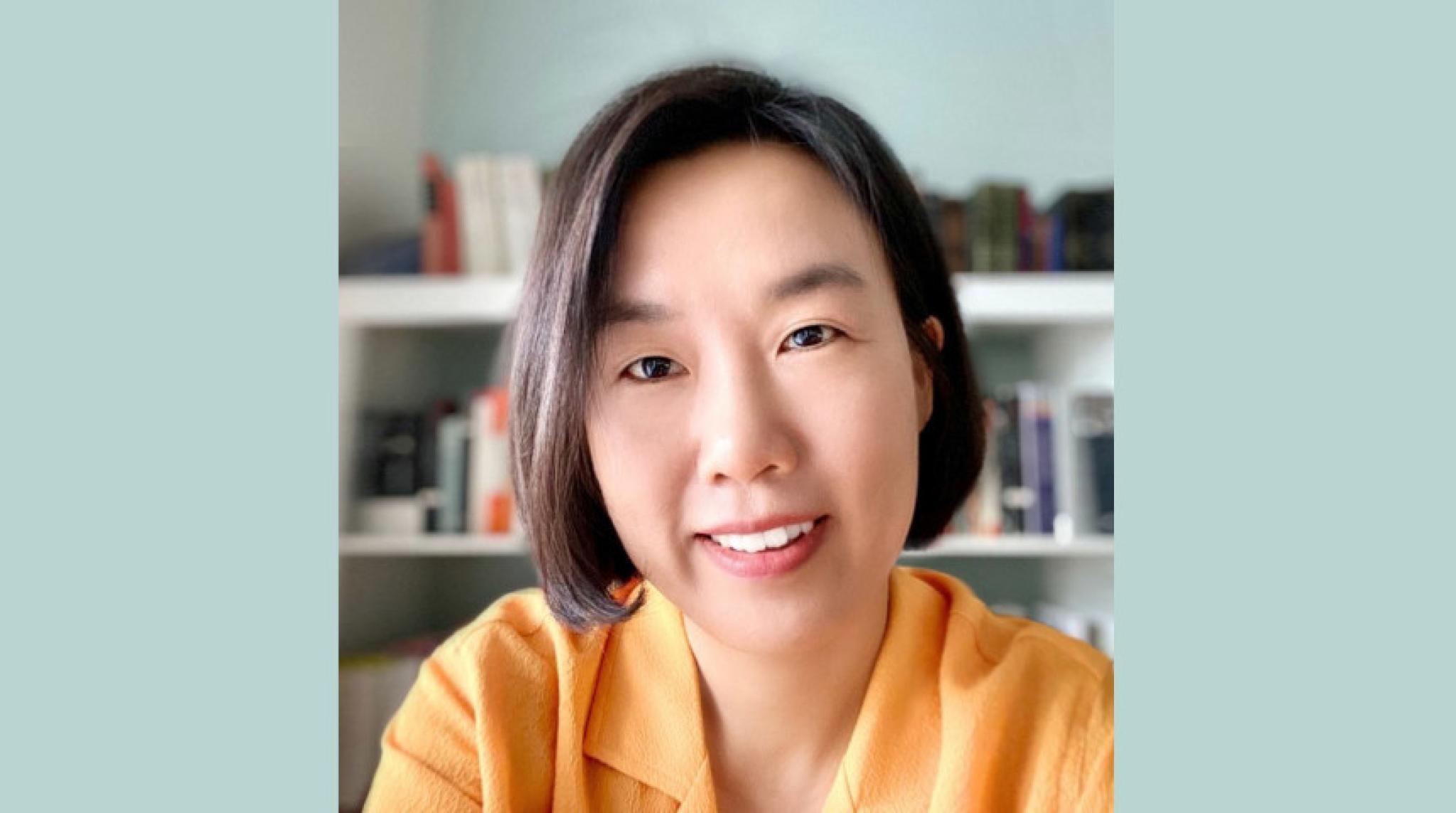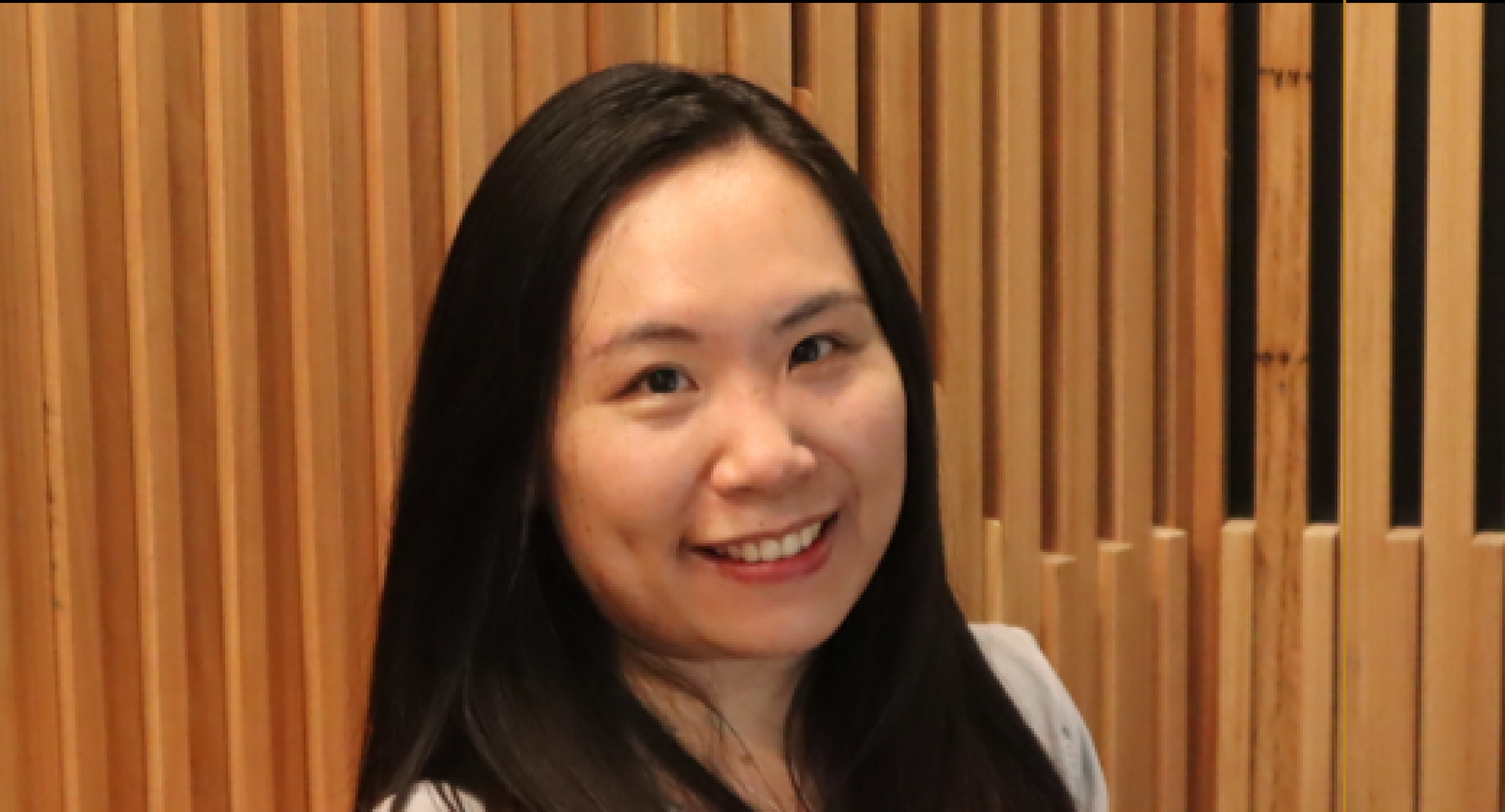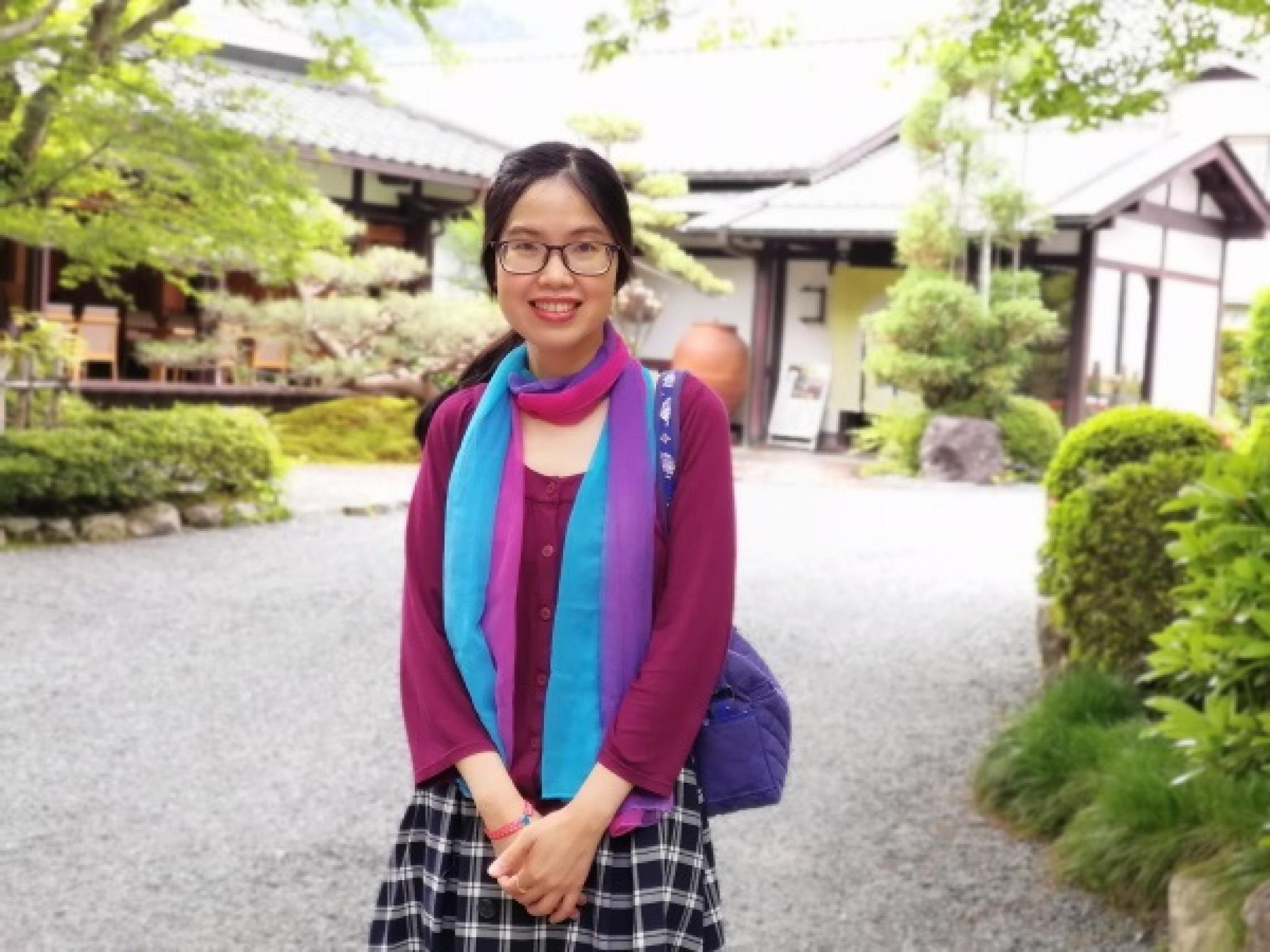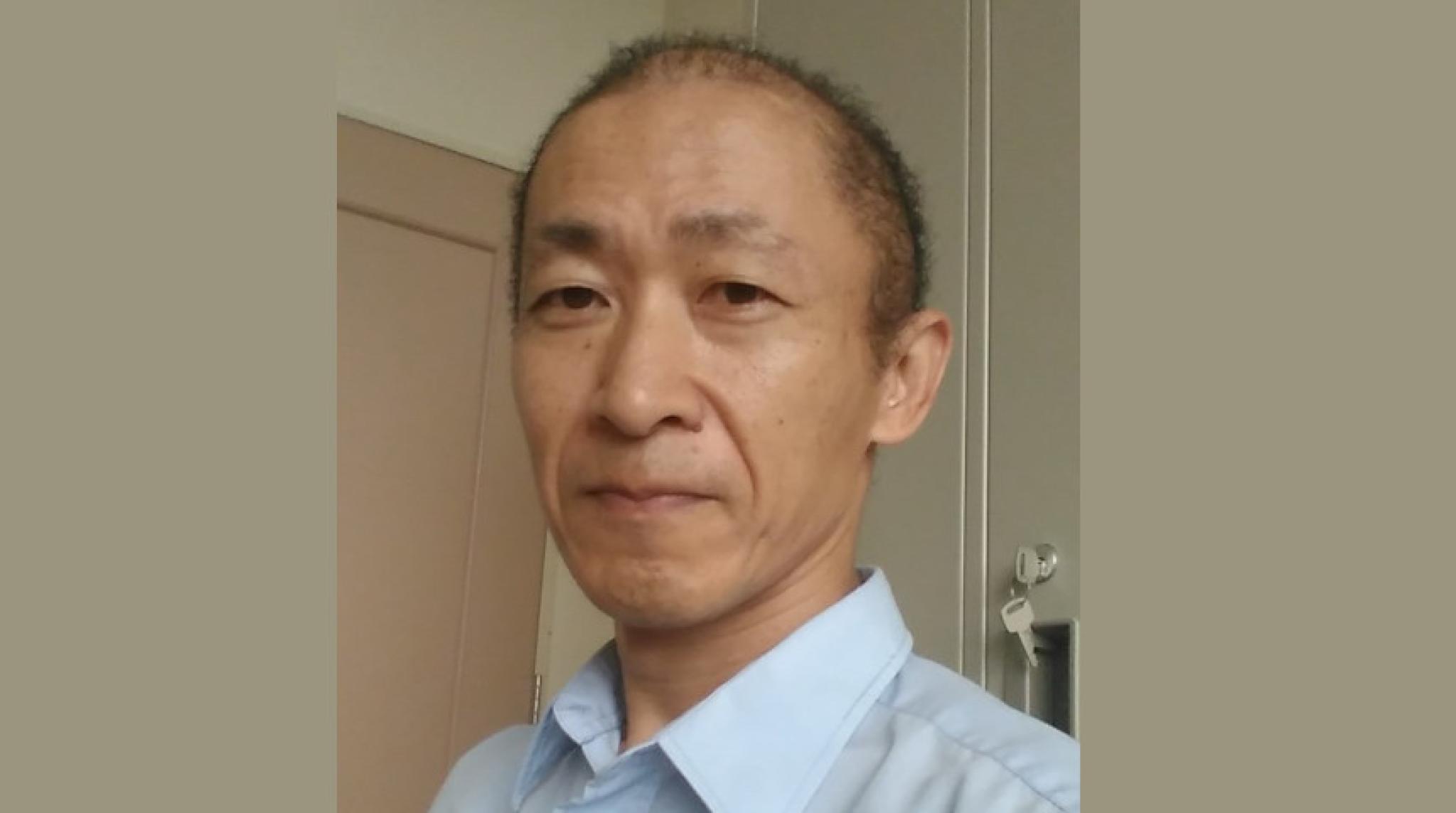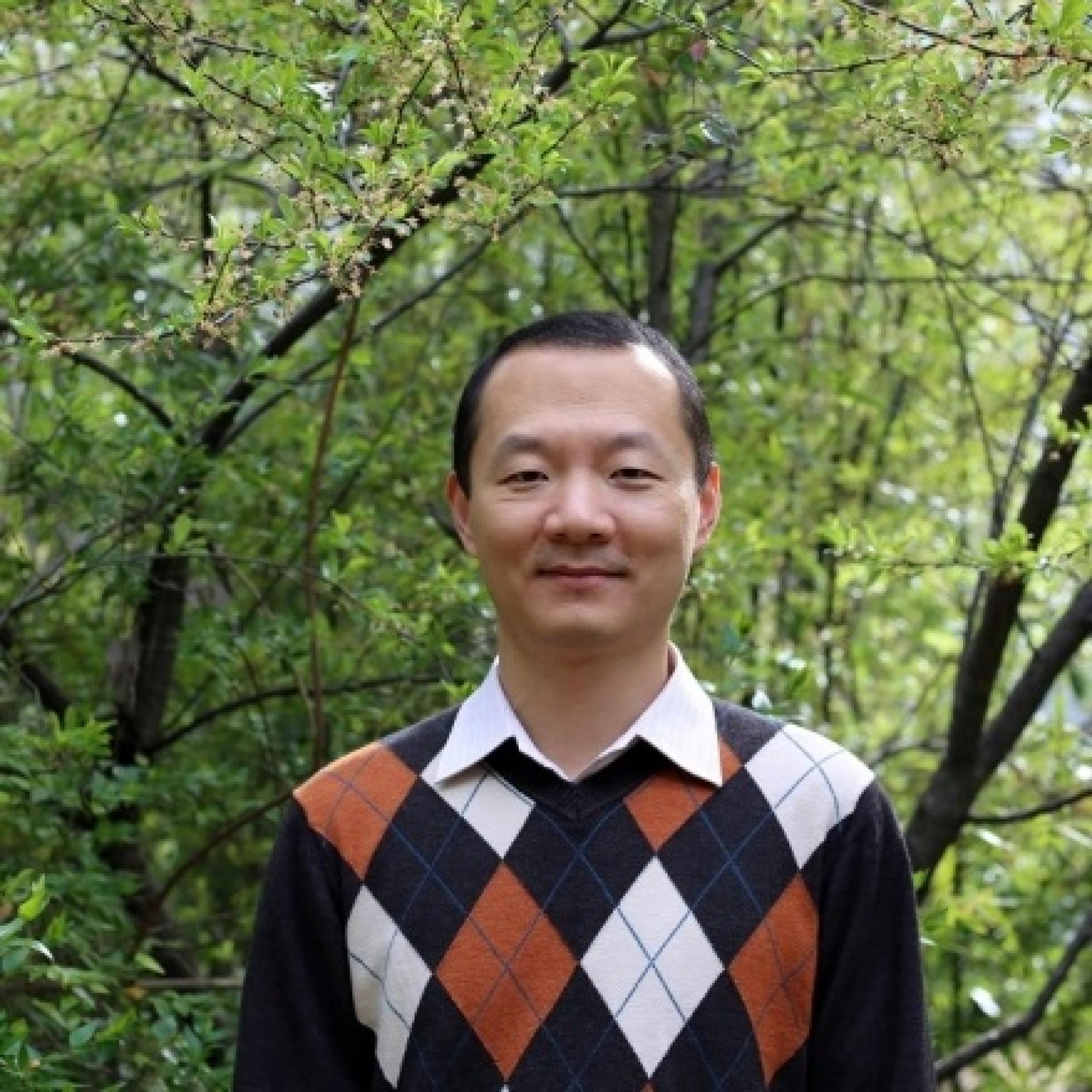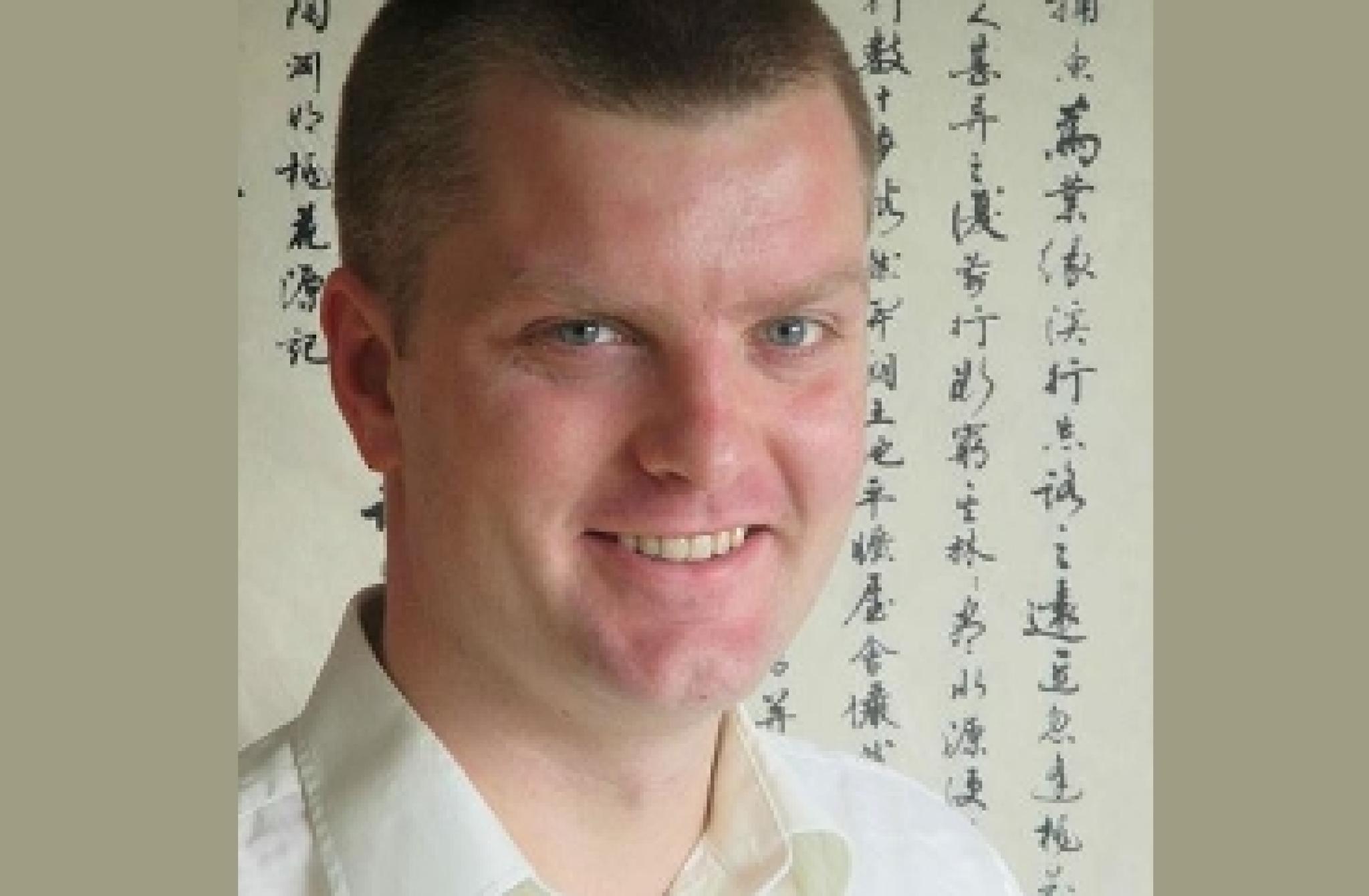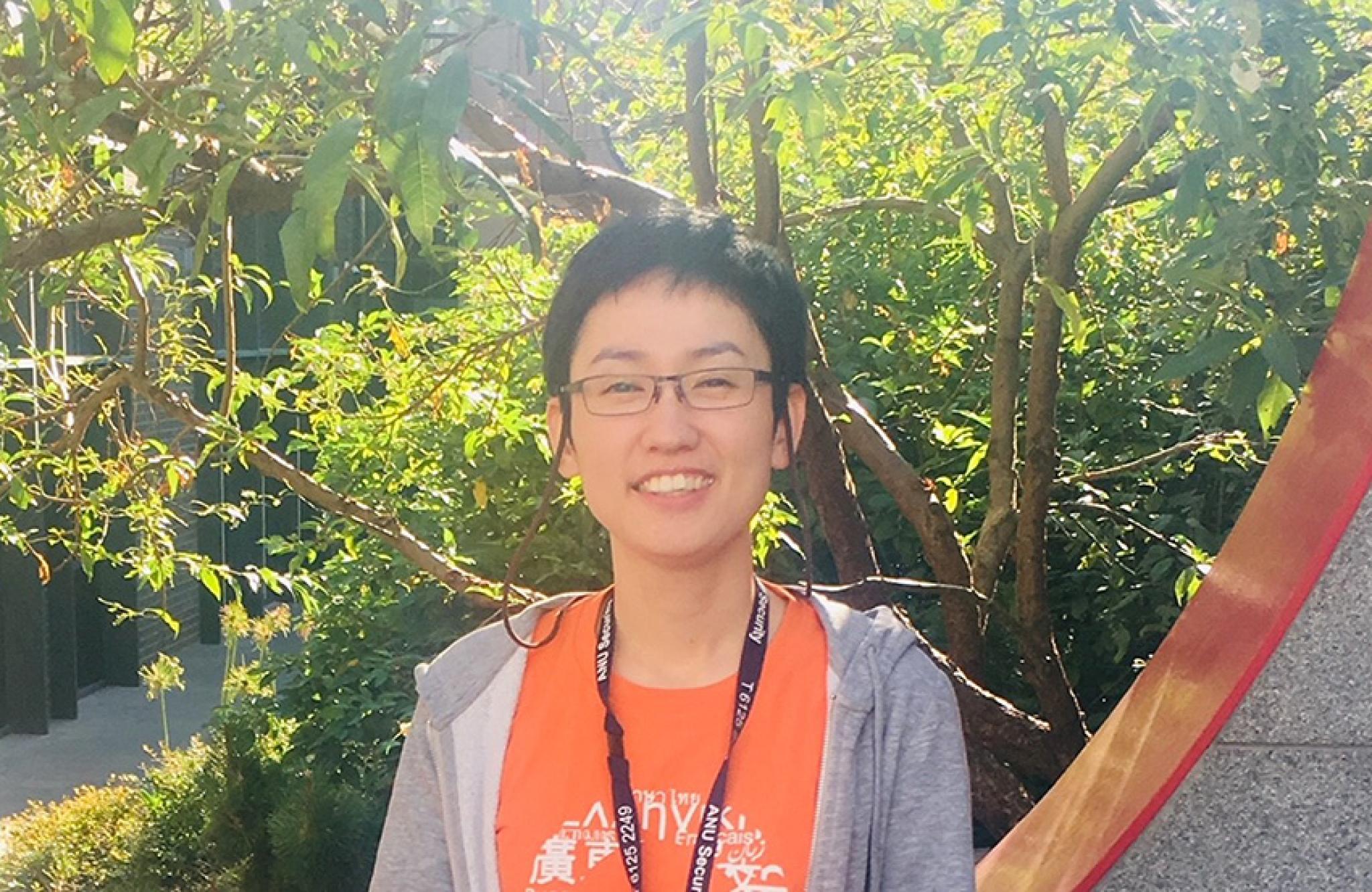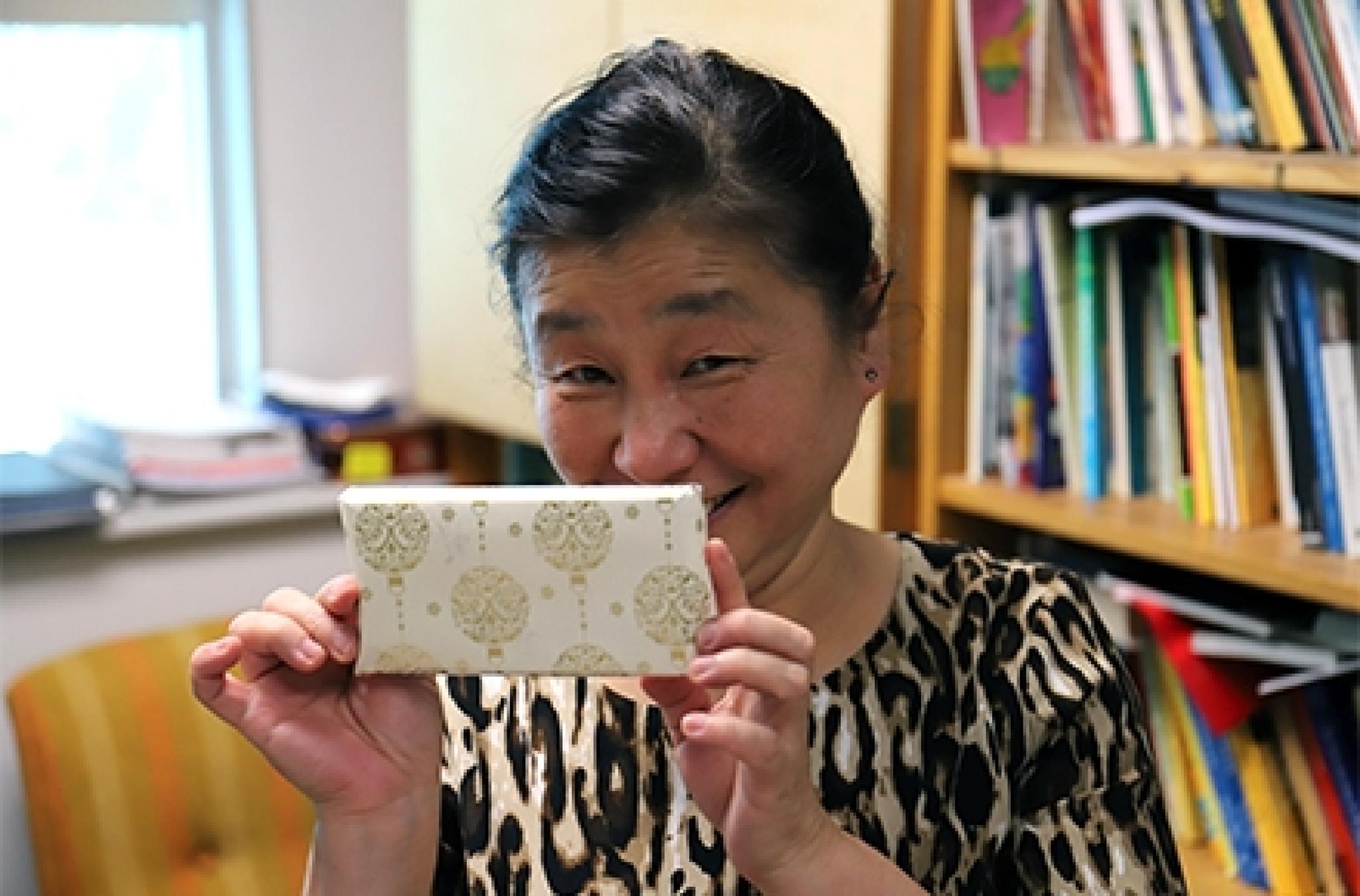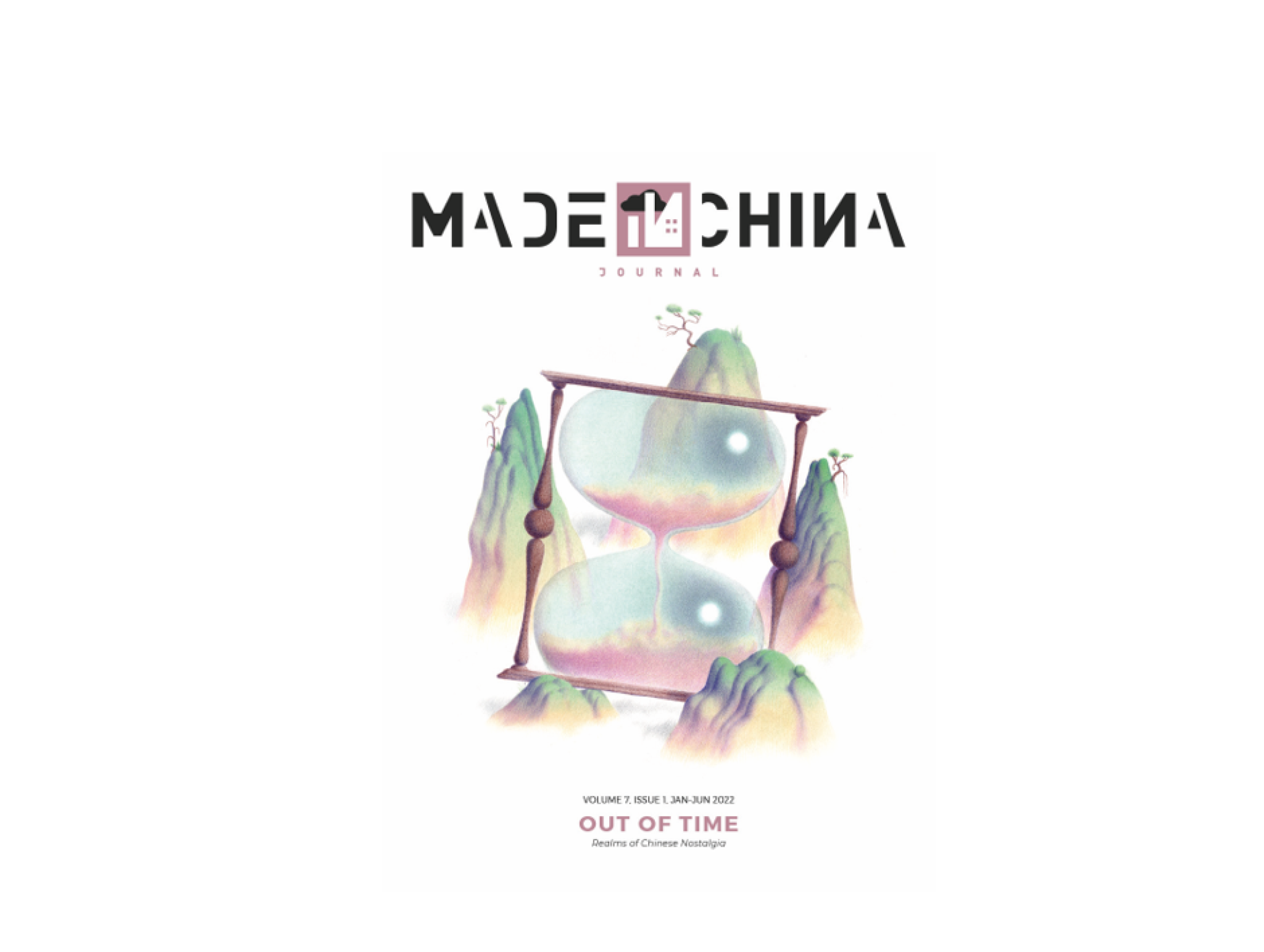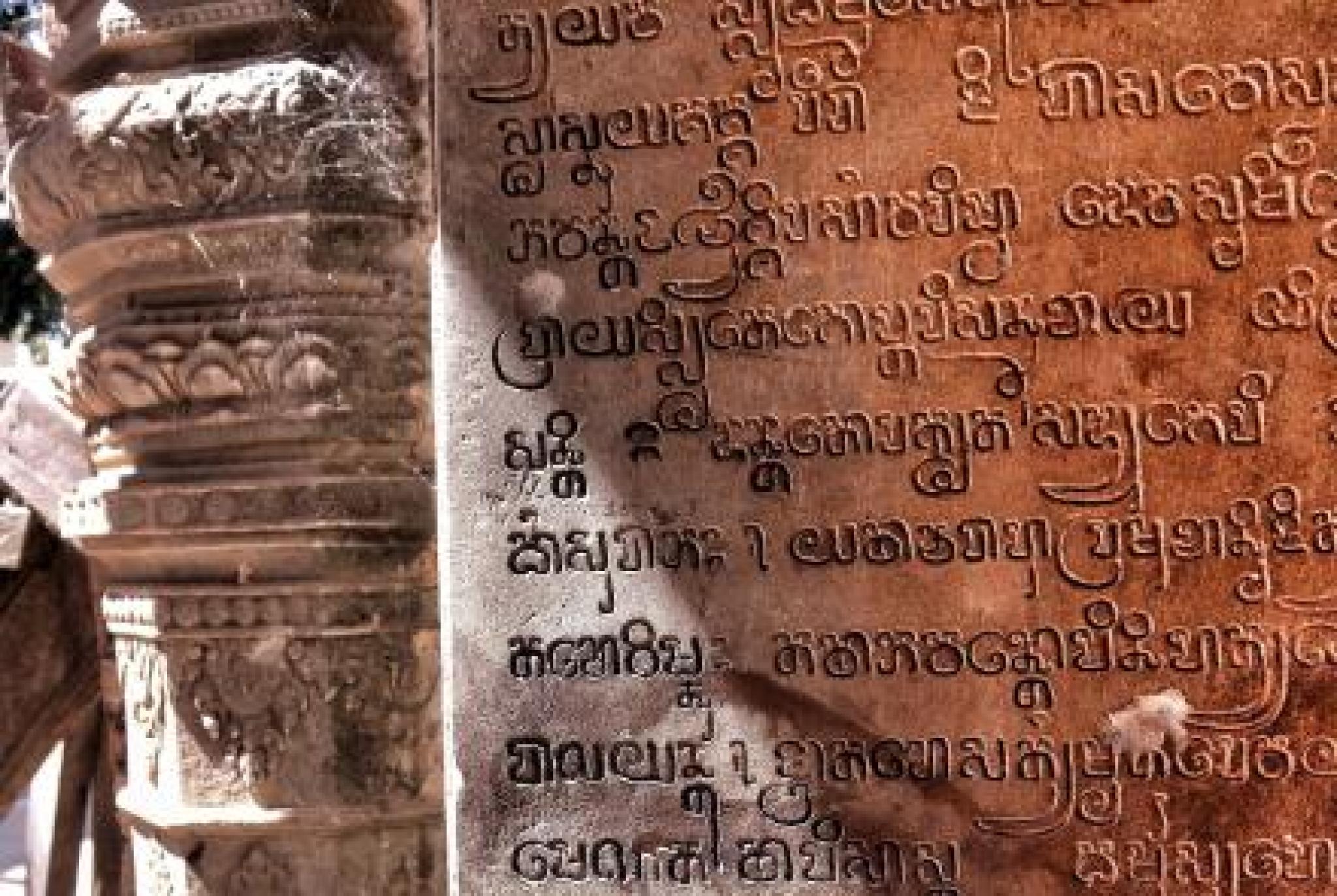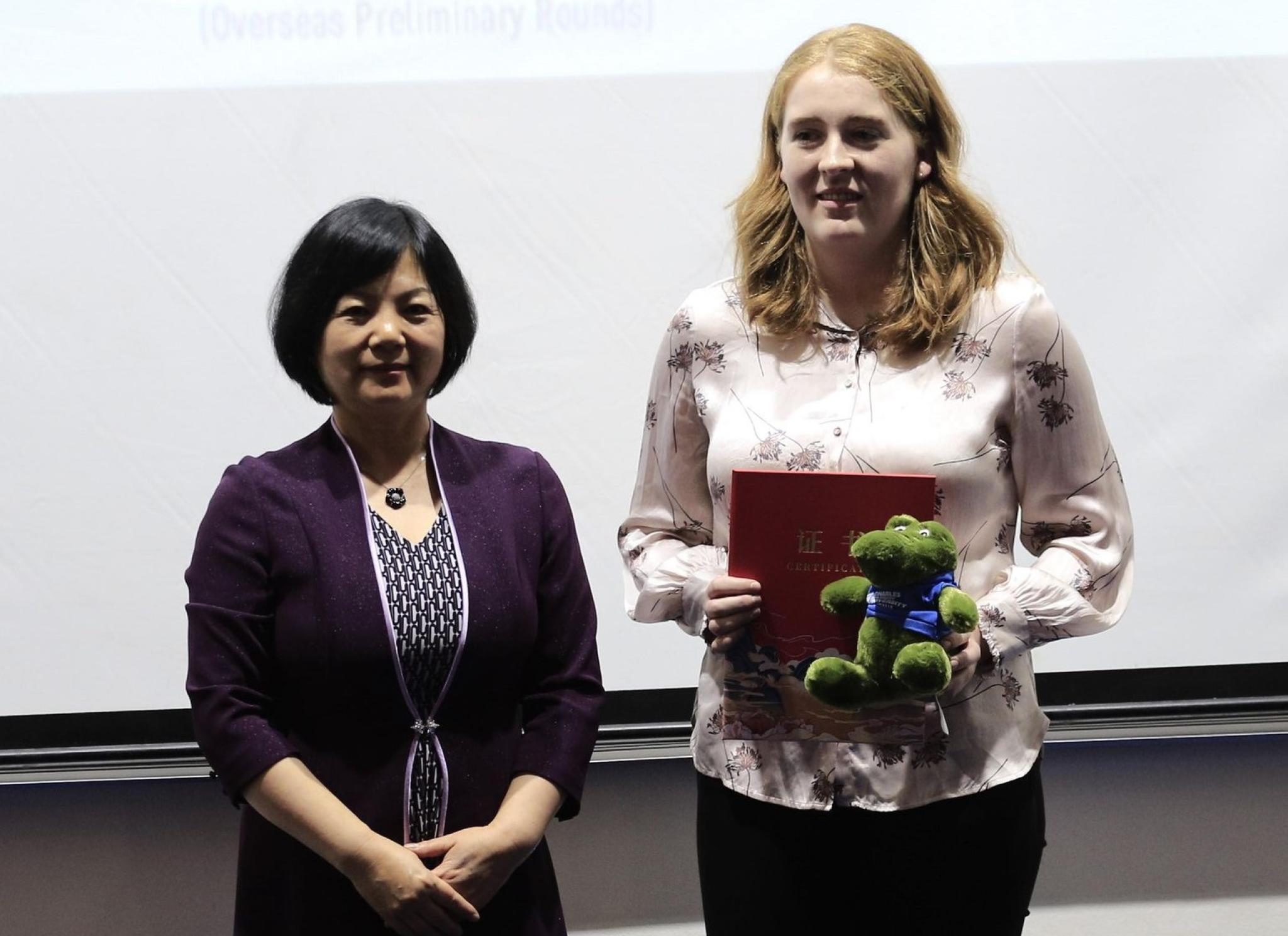There are many more, but here are 5 reasons to study an Asian language
Learning a language is the best way to truly understand another culture, and we offer more Asian and Pacific Languages than any other institution in Australia.
Our School’s deep knowledge and expertise in the languages of the Asia-Pacific region is an essential pillar in the expertise and excellence of the College.
When it comes to learning a language, there is no substitute for mobility and immersing yourself in the culture. All students who participate in an approved overseas study program at the College of Asia and the Pacific are provided with opportunities for amazing learning at destinations around Asia and the Pacific.
The languages we offer are Burmese, Cantonese, Hindi, Indonesian, Japanese, Korean, Literary Chinese, Chinese (Mandarin), Mongolian, Sanskrit, Taiwanese, Tok Pisin, Tetum, Thai Tibetan and Vietnamese.
We also offer access to Hindi, Sanskrit, Tetum, Thai, Tok Pisin, Tibetan, Mongolian, Literary Chinese, Burmese and Vietnamese online via Open Universities Australia.

Meet some of our diverse language students and learn more about their experience of studying a language at CHL!
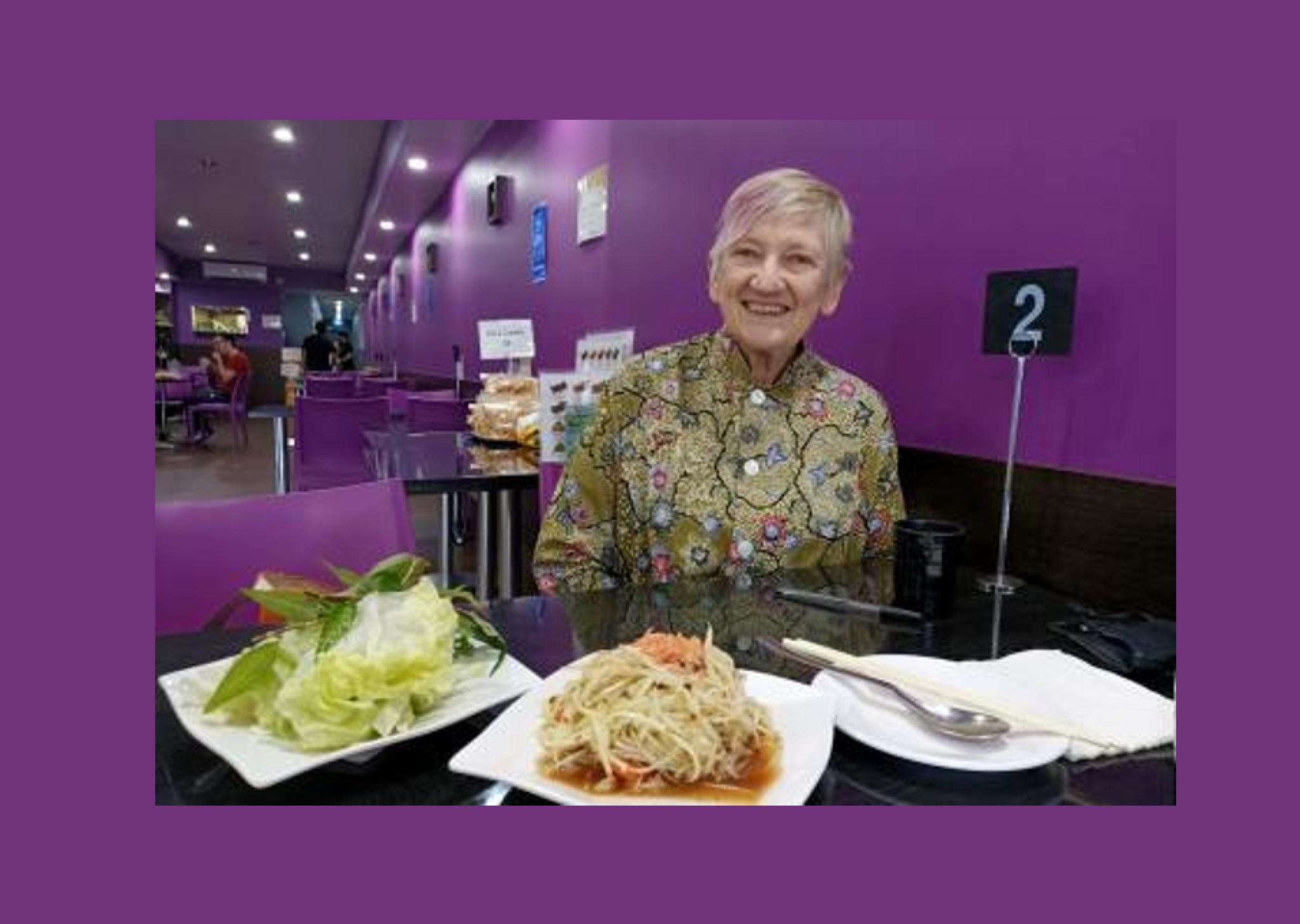
Meet Anne Junor: Vietnamese
"I love turning on the Vietnamese subtitles when I watch TV series or movies on my phone—for example I had great fun watching The Crown with subtitles and seeing members of the Royal Family swear in Vietnamese!"

Meet Vienna Harkness: Korean
"When I was first learning Korean vocabulary online, the first word I learnt that meant 'fish' was saengseon (생선). I thought it would be cute to use it to name my pet betta fish, and it wasn’t until my first year at ANU that I learnt that saengseon is specific to fish that you eat, and that mulgoki (물고기) is used for pets. So, I had basically been calling my pet ‘dinner’ for about a year or so!"
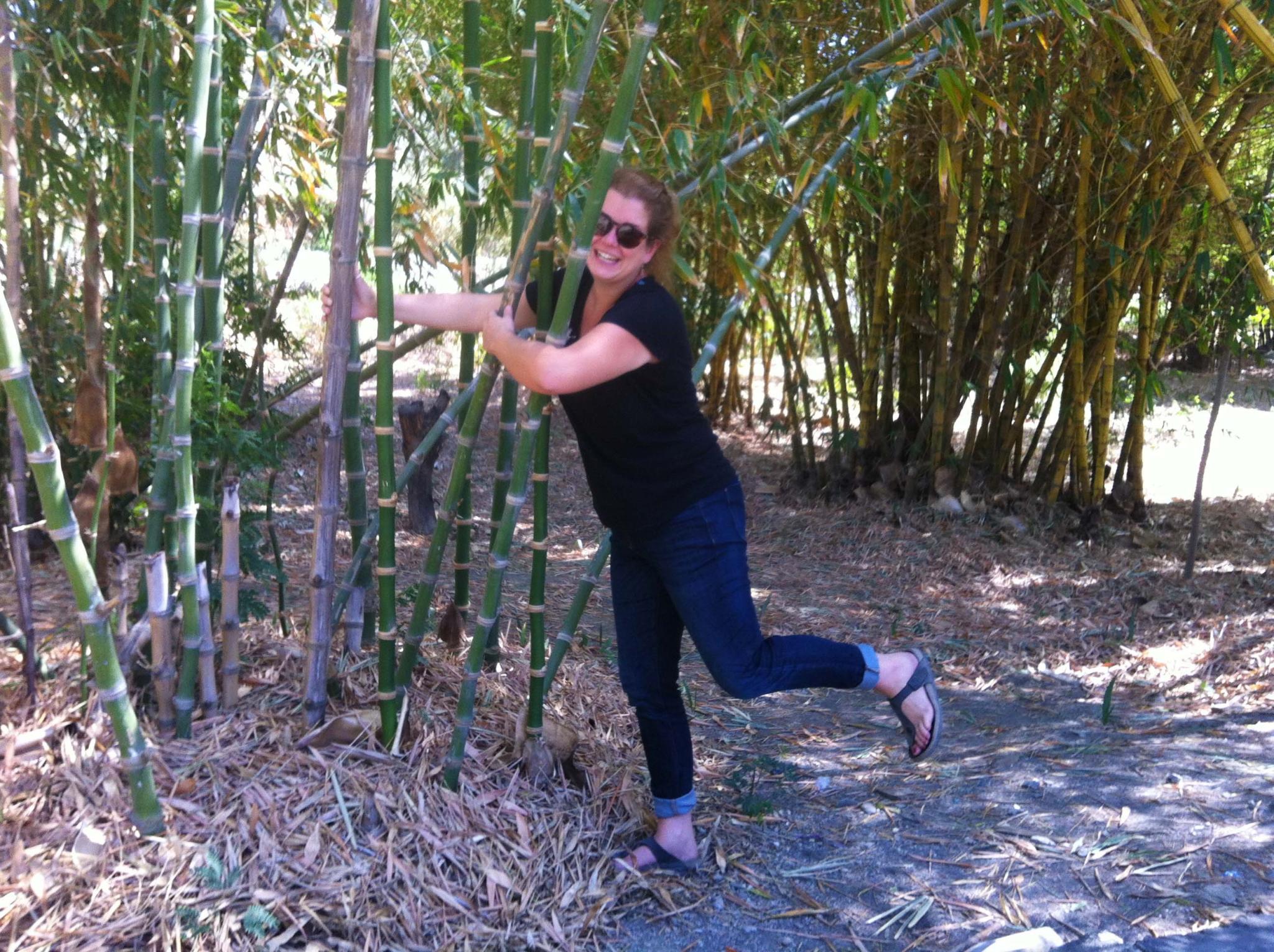
Meet Suzanna Rossi: Tetum
"If you live in Timor and don’t yet speak Tetum or if you’re planning to go to Timor even for a short period of time, learning the language completely changes your experience for the better, and shows a level of respect towards the Timorese that is always appreciated."
Meet Michael Rees: Tok Pisin
"For me, returning to university to study in a very different field from dentistry was a great decision. Studying a language at ANU exceeded all my expectations, and I thank CHL and ANU for giving me the opportunity to do so."
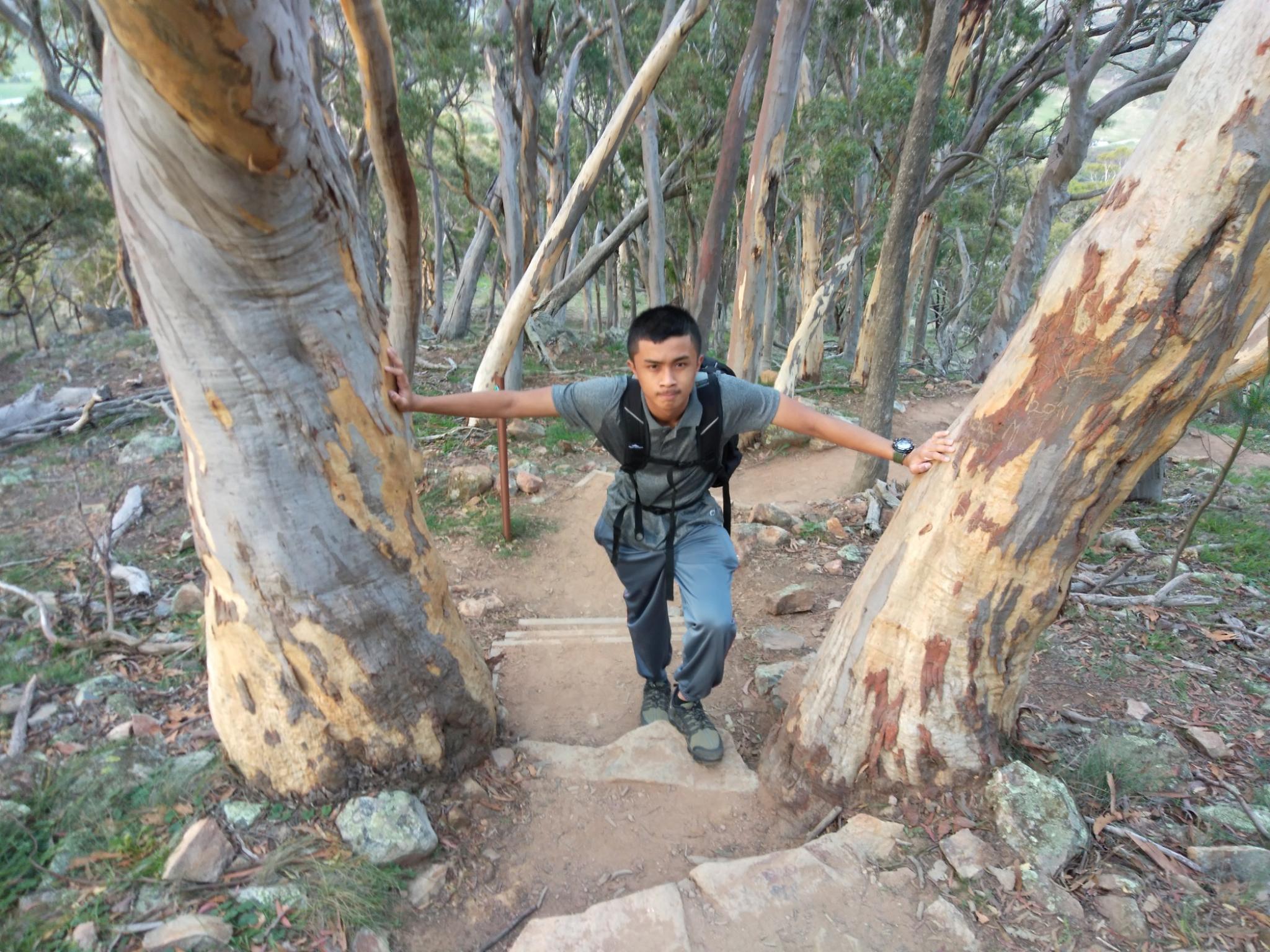
Meet Naris Suwanmuk: Thai
"My cultural background is Thai. I was born and bred in Canberra, ACT, but both my parents are originally from North-Eastern Thailand (i.e., I’m a second-generation immigrant). I wanted to formally polish my Thai language skills (as my English is naturally better) so I could properly and correctly communicate with family and friends—I’m Thai, so I must be able to speak it!"

Meet James Turner: Tetum
“The phrase I love the most? Rai-doben! It means ‘beloved land’. It is a poetic way of referring to Timor-Leste, and once you start your journey into learning Tetum and become immersed in Timorese culture, Rai-doben really takes a hold on you, and those words end up meaning a lot!”
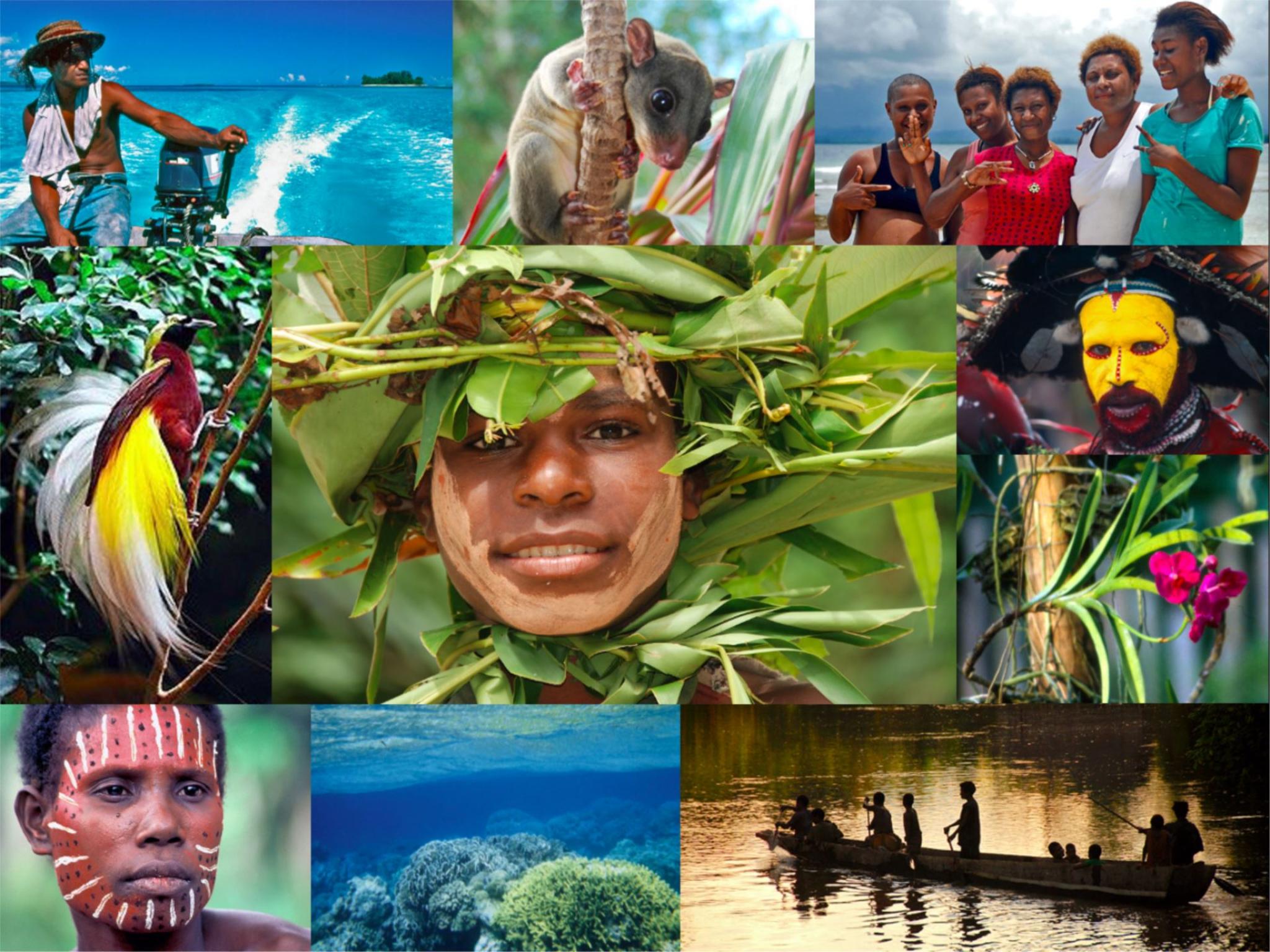
Tok Pisin Language and Cultural Awareness
Our bespoke micro-credential in Tok Pisin prepares professionals currently working or expecting to work in Papua New Guinea (PNG).

Language Toolkits
These toolkits include links to helpful resources for language and culture education and learning. For each language, resources are divided into beginner, intermediate and advanced levels. Explore Tibetan storybooks, podcasts for beginning Cantonese, a Japanese flashcard generator, open textbooks and more.

Open Universities-ANU
Online study is our most flexible option, allowing you to learn your language wherever you have an Internet connection. We offer nine languages - Burmese, Hindi, Mongolian, Sanskrit, Tetum, Tibetan, Thai, Tok Pisin and Vietnamese – entirely online via Open Universities Australia (OUA).






